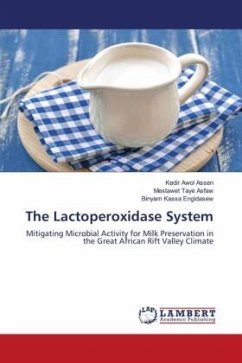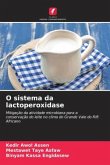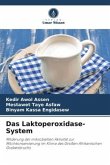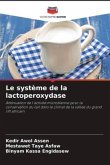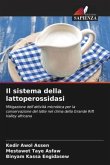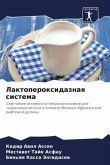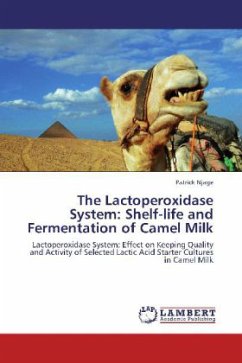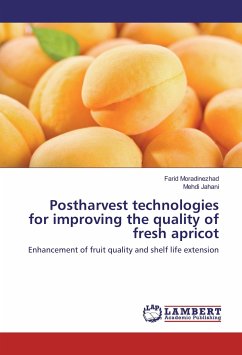The Ethiopian dairy sector is predominantly comprised of smallholder dairy producers. Milk production and quality are often compromised due to handling practices, collection logistics, high ambient tropical temperatures, and low production volumes. Milk processors face challenges related to the supply of inferior quality milk. However, there is a growing and steady demand for high-quality milk and dairy products. Establishing a connection between rural smallholder dairy farmers and milk processors through the provision of high-quality inputs is of utmost importance. The lactoperoxidase system presents a viable preservation alternative for milk in situations where cooling facilities are inaccessible. Therefore, this study aimed to assess the preservation potential and microbiological inhibition of raw cow's milk through the activation of the lactoperoxidase system in the Hawassa region of the Great African Rift Valley.
Bitte wählen Sie Ihr Anliegen aus.
Rechnungen
Retourenschein anfordern
Bestellstatus
Storno

